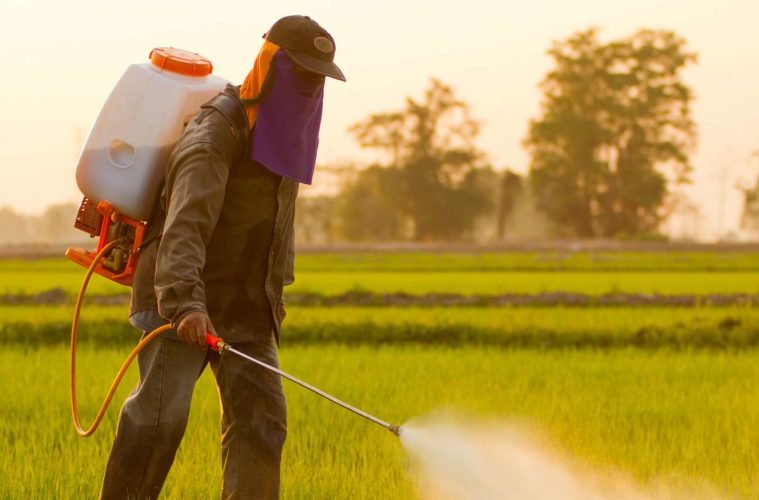The European Union has recently stepped up its efforts to reduce the use of chemical pesticides in agriculture, as part of its overall strategy for sustainable and environmentally friendly agriculture. The European Commission has proposed a series of laws whose role is to reduce the use of chemical pesticides by 50% by 2030, in line with the objectives of the “European Green Deal” and the “Farm to Fork” strategy .
In order to make food healthier, European governments have put in place strategies and initiatives in this direction, including the gradual ban of certain pesticides, the promotion of biological pest control and the establishment of buffer zones. Indeed, the latter limit the use of pesticides near residential areas and/or sensitive ecosystems. These pesticides, which are harmful to the environment, have begun to be replaced little by little by biological and mechanical methods.
However, local farmers are not convinced by these measures. They highlight the problems that may be caused by these restrictions. For example, the additional costs for the application of these biological methods, the reduced yields and the lack of effectiveness of alternatives to chemical pesticides.
The new European regulations on pesticides represent a major change for the agricultural sector. While they pose significant challenges for producers, they also provide an opportunity to modernize agricultural practices and meet societal expectations for sustainability.




